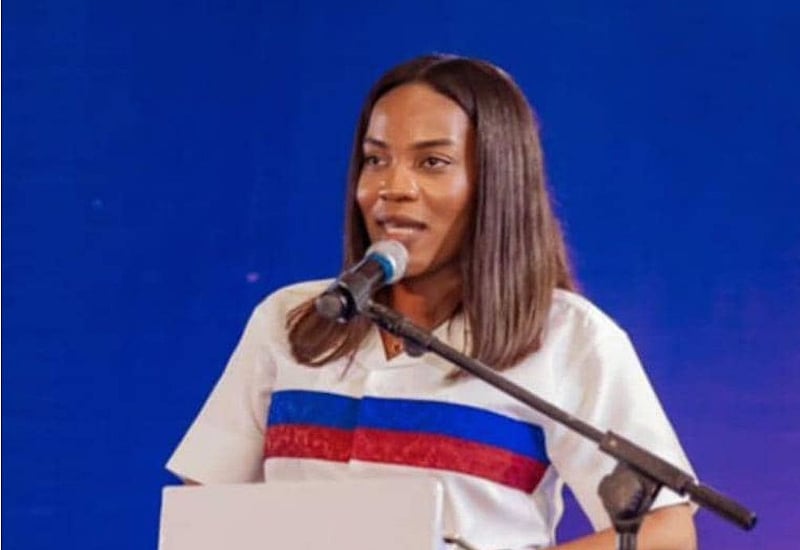The political landscape in Ghana has been charged with accusations of intimidation and power plays, as the opposition New Patriotic Party (NPP) alleges a deliberate attempt by President John Dramani Mahama and the ruling National Democratic Congress (NDC) to suppress dissent and weaken the party. This alleged campaign of intimidation follows the NPP’s defeat in the 2024 general elections and has taken various forms, including the high-profile arrest of an NPP member and the presence of security forces at the residence of a prominent party official. These actions have sparked outrage within the NPP, with members condemning them as undemocratic and a dangerous erosion of fundamental rights.
The arrest of Alfred Ababio Kumi, known as Adenta Kumi, has become a central point of contention. Kumi’s apprehension, described by witnesses as a heavy-handed operation involving the National Intelligence Bureau (NIB), followed his petition to President Mahama calling for the dissolution of a committee investigating calls for the removal of Chief Justice Gertrude Torkonoo. Kumi’s petition raised concerns about the impartiality of the committee, citing an alleged informal meeting between committee members and a lawyer linked to the case. The NPP views this arrest as politically motivated, suggesting that Kumi is being targeted for challenging the government and exercising his right to petition the president.
Adding fuel to the fire, security personnel, including police and National Security operatives, were reportedly present at the home of the NPP’s Ashanti Regional Chairman, Bernard Antwi Boasiako, also known as Chairman Wontumi. While the details of this incident remain unclear, the NPP has characterized it as an “invasion” and another instance of the government’s overreach and attempt to intimidate its members. The convergence of these events has created a climate of fear and suspicion, with the NPP perceiving a systematic effort to silence dissenting voices.
Dr. Ekua Amoakoh, a communication team member of the NPP, has been vocal in her criticism of the government, accusing President Mahama of employing “cheap and archaic revolutionary tactics” to stifle opposition. She argues that these actions, far from weakening the NPP, will have the opposite effect, galvanizing the party and strengthening its resolve. Amoakoh’s statement reflects the broader sentiment within the NPP, portraying the party as a victim of political persecution and emphasizing the potential for these events to invigorate its base.
The NPP’s General Secretary, Justin Koduah Frimpong, has echoed these concerns, calling on Ghanaians and defenders of democracy to stand up against what he describes as an attack on democratic values and the rule of law. Frimpong’s appeal broadens the issue beyond an internal party matter, framing it as a national concern that requires a collective response from citizens committed to upholding democratic principles. He portrays the government’s actions as a threat not only to the NPP but to the very fabric of Ghanaian democracy.
This escalating tension between the ruling NDC and the opposition NPP underscores the fragility of democratic institutions and the potential for political disagreements to devolve into acts of intimidation and suppression. The NPP’s accusations, if substantiated, paint a concerning picture of a government using its power to quell dissent and silence critics. The incident serves as a reminder of the importance of maintaining checks and balances on executive power and ensuring the protection of fundamental rights, including freedom of speech and assembly. The coming days and weeks will be crucial in determining how these events unfold and whether Ghana can address these concerns and uphold its commitment to democratic principles. The international community and human rights organizations will likely be watching closely, adding pressure for a transparent and just resolution to this situation.


